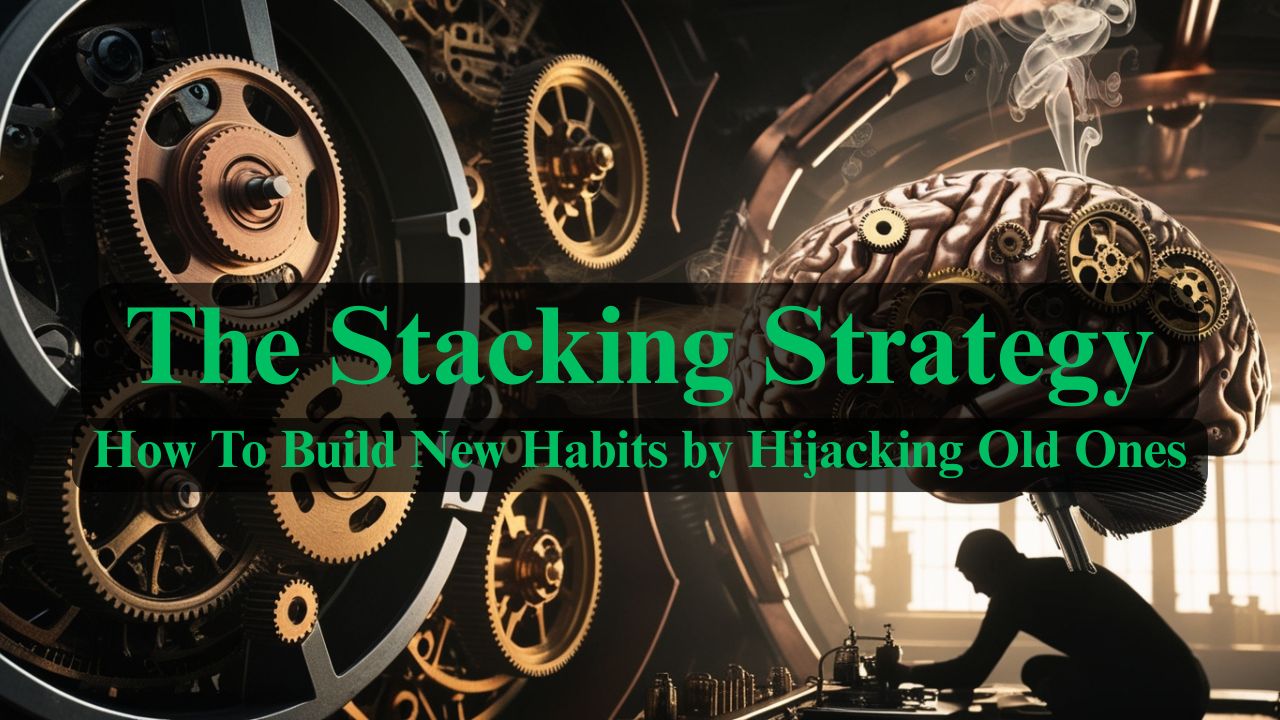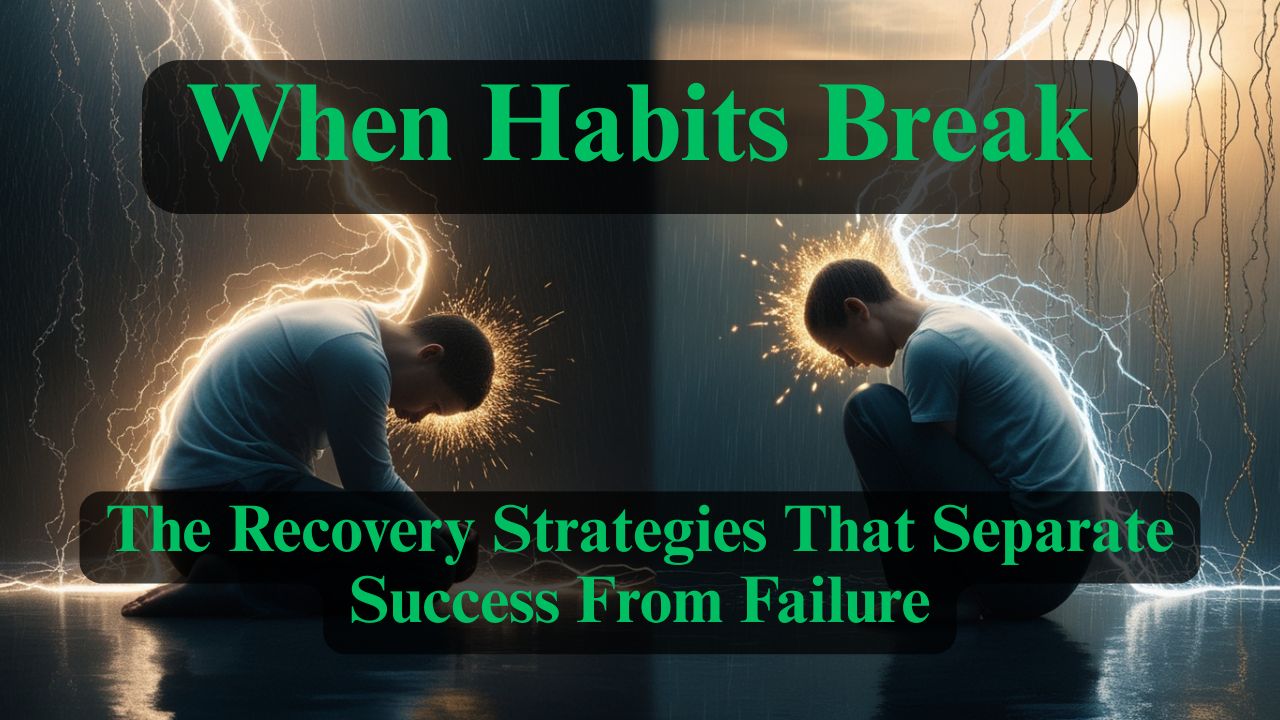The Psychology of Procrastination: Understanding Your Delay Patterns
Ever found yourself scrolling through social media when an important deadline looms? Or perhaps you're organizing your desk for the third time this week instead of tackling that crucial project? Welcome to the complex world of procrastination – a behavior that's far more nuanced than simple laziness.
The Science Behind Procrastination
Procrastination isn't just poor time management; it's an emotional regulation problem. When we procrastinate, we're not avoiding the task itself – we're avoiding the negative emotions associated with it. Whether it's fear of failure, perfectionism, or feeling overwhelmed, our brain chooses immediate emotional relief over long-term benefits.
Common Procrastination Patterns
The Perfectionist Delay
You wait for the "perfect" moment or condition to start. The irony? This pursuit of perfection often leads to rushed, last-minute work that's far from perfect.
The Overwhelm Freeze
When faced with large tasks, you become paralyzed by their magnitude. The project seems too big, too complex, or too important, leading to avoidance rather than action.
The False Productivity Trap
You busy yourself with less important tasks, creating an illusion of productivity. Organizing emails or cleaning your workspace feels productive, but it's really just sophisticated procrastination.
The Deadline Adrenaline Rush
You convince yourself you work better under pressure, deliberately delaying until the last minute. While the adrenaline might feel energizing, this pattern often produces inconsistent results and unnecessary stress.
Understanding Your Personal Triggers
Emotional Triggers:
- Fear of failure
- Anxiety about success
- Feeling overwhelmed
- Perfectionism
- Need for control
Situational Triggers:
- Unclear instructions
- Lack of immediate consequences
- Too many choices
- No accountability
- Environmental distractions
Breaking the Pattern
1. Acknowledge the Emotion
Instead of fighting your procrastination, get curious about it. What feeling are you trying to avoid? Understanding the root cause is the first step to addressing it.
2. Use Time-Boxing
Break your work into 25-minute focused sessions. This makes tasks feel less overwhelming and provides natural breaks for recovery.
3. Create Implementation Intentions
Instead of vague plans, make specific ones: "When X happens, I will do Y." For example, "When I finish my morning coffee, I will work on the project for 30 minutes."
4. Start Small
Begin with just five minutes of work. Often, starting is the hardest part – once you begin, you'll likely want to continue.
The Role of Self-Compassion
Harsh self-criticism about procrastination often makes the problem worse. Practice self-compassion while maintaining accountability. Remember: everyone procrastinates sometimes; the goal is to manage it, not eliminate it entirely.
Building Better Habits
1. Design Your Environment
Remove obvious distractions and create a space that supports focused work.
2. Use Social Commitment
Share your goals with others or find an accountability partner.
3. Track Your Patterns
Keep a procrastination journal to identify triggers and patterns.
4. Celebrate Small Wins
Acknowledge progress, no matter how small, to build momentum.
Moving Forward
Remember that changing procrastination patterns takes time and patience. Each small victory in choosing action over delay rewires your brain for better habits.
Action Steps:
1. Identify your primary procrastination pattern
2. Track your triggers for one week
3. Choose one anti-procrastination strategy to implement
4. Set up your environment for success
5. Find an accountability partner
The key to overcoming procrastination isn't willpower – it's understanding. When you recognize your patterns and address the underlying emotions, you can develop strategies that work with your psychology rather than against it.
Your Next Step
Start now by identifying one task you've been avoiding. What emotion is driving that avoidance? Take five minutes – just five – to work on it. Sometimes, that's all it takes to break the pattern and build momentum toward your goals.
Remember: Progress isn't about perfection; it's about consistent, imperfect action.
- Audio Articles
- Audio Articles 1
- Audio Articles 2
- Audio Articles 3
- Audio Articles 4

7 Daily Disciplines That Transform Your Life
The power to act with intention, to align your actions with your values, and to move steadily toward a life of purpose—even on days you don't feel like it.
Read Full Article
How to Build Unbreakable Discipline
Discipline is built—habit by habit, choice by choice, day by day. And the most powerful kind? The kind that doesn’t crack under pressure. The kind that becomes part of who you are.
Read Full Article
Why Motivation Fails And Discipline Wins Every Time
We all love the feeling of motivation—that surge of energy, that rush of inspiration that makes everything seem possible. But here’s the problem: motivation is unreliable. It’s emotional. It comes and goes. And if your goals rely on you “feeling like it,” you’re already in trouble.
Read Full Article
Discipline Over Desire
Desire is loud. It burns bright, talks fast, and loves to dream. But desire alone doesn't achieve much. Every person has desires. Very few have the discipline to bring them to life.
Read Full Article
The Science of Sticking
If you've ever tried to build a new habit, you've probably heard that it takes 21 days. This number gets thrown around so often that it feels like scientific fact.
Read Full Article
The Stacking Strategy
What if I told you that the habits you already have—even the ones you consider "bad"—could become the secret weapons for building the habits you want?
Read Full Article
When Habits Fail - The Recovery Strategies That Separate Success From Failure
Here's what nobody tells you about building habits: you will fail. You'll miss days. You'll fall off track. You'll have weeks where everything falls apart.
Read Full Article
The Ultimate System - Designing a Life Where Good Habits Are Inevitable
You've learned to recognize habits, understand their formation timeline, stack them strategically, and recover from setbacks.
Read Full Article




















